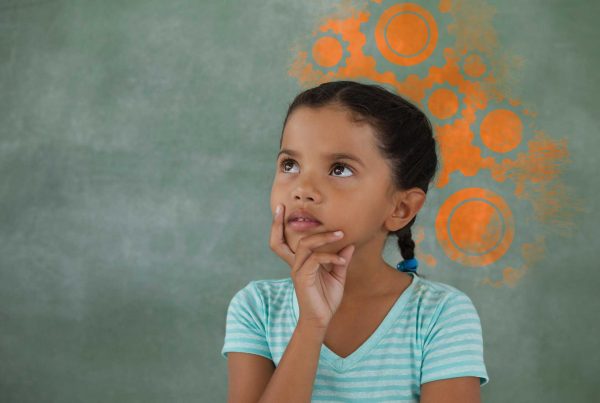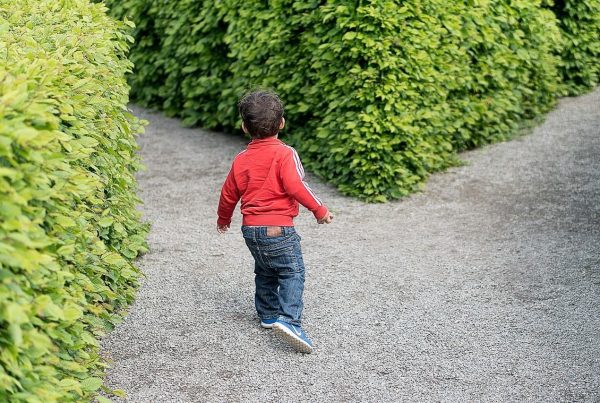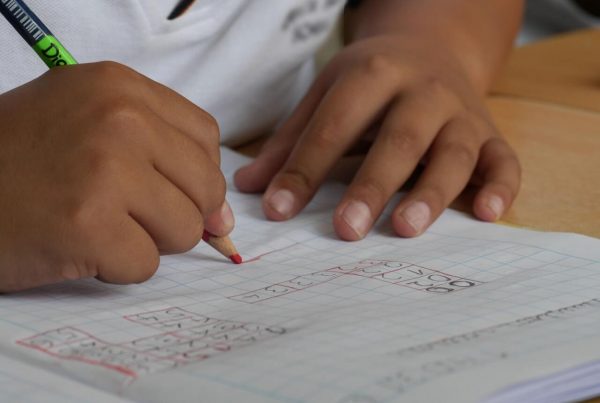
Nurturing the Development of Social-Emotional Awareness
As children learn to interact with their peers and engage in social situations, social-emotional awareness guides them in understanding and managing their emotions, showing empathy for others, maintaining positive relationships, and making responsible decisions. Here are some effective approaches to help children develop these crucial skills:
- Modeling: Children learn by observing the behaviors and attitudes of adults and peers. Demonstrate social-emotional skills in your interactions with others. Show empathy, express your emotions in a healthy way, and resolve conflicts peacefully.
- Open Communication: Create an environment where children feel comfortable discussing their feelings and experiences. Encourage them to share their emotions, thoughts, and concerns without fear of judgment.
- Emotion Identification: Help children recognize and name different emotions. Use picture books, story-sharing, or emotion charts to illustrate and label various feelings. Discuss times when characters in stories might have felt similar emotions.
- Emotion Regulation Techniques: Teach children strategies for managing their emotions. Breathing exercises, mindfulness techniques, and simple relaxation techniques can be introduced in an age-appropriate manner.
- Empathy Development: Encourage children to consider others’ perspectives and feelings. Ask questions like, “How do you think your friend felt when that happened?” Help them connect with others on an emotional level.
Here at the Little Thinkers Center, our social thinking games provide opportunities for your child to experience others’ perspectives, build empathy, expand social skills, develop healthy self-expressions, and gain higher understanding of the differences and similarities between people. Take a look below at an introduction and demonstration to learn more about our social thinking games!



